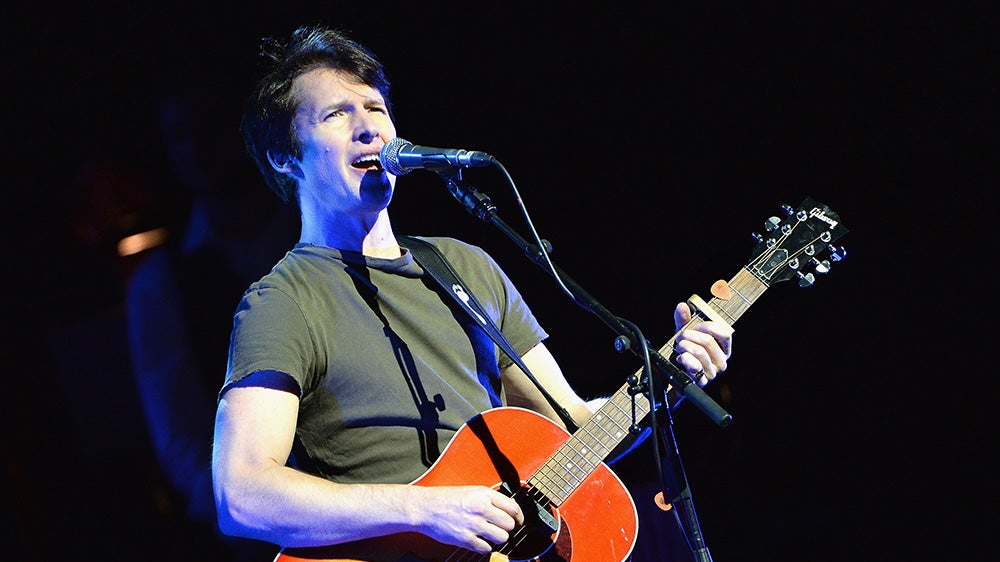Why can’t incredibly successful entertainers like Ricky Gervais ever take criticism?
As the comedian and writer seemingly reacts to an old Stewart Lee takedown by showing off his streaming numbers, Roisin O’Connor wonders why he’s so desperate to prove his worth


Your support helps us to tell the story
From reproductive rights to climate change to Big Tech, The Independent is on the ground when the story is developing. Whether it's investigating the financials of Elon Musk's pro-Trump PAC or producing our latest documentary, 'The A Word', which shines a light on the American women fighting for reproductive rights, we know how important it is to parse out the facts from the messaging.
At such a critical moment in US history, we need reporters on the ground. Your donation allows us to keep sending journalists to speak to both sides of the story.
The Independent is trusted by Americans across the entire political spectrum. And unlike many other quality news outlets, we choose not to lock Americans out of our reporting and analysis with paywalls. We believe quality journalism should be available to everyone, paid for by those who can afford it.
Your support makes all the difference.You can set your watch by how long it takes Ricky Gervais to react to criticism. Mere hours after an old clip of the comedian Stewart Lee mocking his Netflix show After Life did the rounds again on social media, Gervais was boasting about the series’ viewing figures from his X/Twitter account. Then he published a tweet about the millions of people who watched his comedy specials. Then another about his new, massive house. Anyone would think he was compensating for something.
If you missed the clip of Lee the first time around, he was being interviewed for Rob Brydon’s podcast in 2022 when he branded After Life – Gervais’s maudlin comedy about a widower – “one of the worst things ever made by a human”. This might seem like a throwaway remark, but Lee was speaking out of genuine concern for the state of British culture. He thought Gervais’s star-making series The Office was “brilliant”. His later work, however, bordered on “abysmal”, he said. Lee felt sorry for those drama and creative writing teachers trying to make a case for what makes something “good”, when After Life is a success.
“Thanks to the 160 million people who made After Life the most-watched British sitcom in the world,” Gervais bragged yesterday, soon after the Lee clip went viral again, sharing “one of [his] favourite scenes ever from the show”.
The scene in question shows his character walking past a school playground and being called a “paedo” by a child who can’t be older than 11. “I’m not a paedo,” Gervais fires back, “and if I was, you’d be safe, you tubby little ginger c***.” You can see what Lee was getting at.
Gervais has never handled criticism well. For all his spiel about reserving the right to be offensive (I suppose it’s a coincidence that the people he targets tend to be the most vulnerable in our society), he clearly hates to be laughed at. When things aren’t going his way, he crumbles, most infamously during a disastrous and excruciating interview with his hero, the late Garry Shandling. Gervais is visibly nervous, his body tensing as a terse Shandling describes their first meeting as “uncomfortable”. After being scolded for telling the older comedian how to put in his contact lenses, Gervais looks away, asking desperately: “It’s a nice house. Is it council?” There are other moments where he looks on the verge of tears.
Arguably one of the most revealing moments comes right after this, where talk turns to comedy and the role of ego. “Do you think [ego] gets in the way of being funny?” Gervais asks.

His certainly does. You can sense Gervais’s insecurity a mile off, in the way he delights in calling a child a “tubby ginger c***” in After Life; how he leaps to those streaming numbers as proof of how much he is adored. “See?! How can 160 million people be wrong?!” After the “proof” come the platitudes: “The more successful you become, the more criticism you get,” he wrote, alongside a promotional photo for his vodka brand. “The more criticism you get, the more you work. The more you work, the more successful you become. Cheers.”
We’ve seen similar behaviour, to varying degrees, in figures such as Ed Sheeran and James Blunt. Both have spoken frequently about the bashing they get from critics – Blunt’s documentary, One Brit Wonder, recently landed on Netflix and is solely dedicated to how he overcame the odds of private school, a glittering military career and a record deal to beat those evil music critics.

While his album sales never seemed to be affected by what critics had to say, Blunt managed to sway public opinion in his favour around 2014 by proving he was quite funny on Twitter. “Why is James Blunt not touring in Scotland?” a fan asked. “The Scots have taste,” he responded. I fell on the receiving end of this after reviewing one of his shows. I compared his rhyming to menstrual cramps without ibuprofen, but also thought he was a great entertainer capable of self-mockery. “You seem to have sent a conceited knob with PMT to an otherwise GREAT gig,” Blunt wrote in response. Whoops.

Watch Apple TV+ free for 7 days
New subscribers only. £8.99/mo. after free trial. Plan auto-renews until cancelled

Watch Apple TV+ free for 7 days
New subscribers only. £8.99/mo. after free trial. Plan auto-renews until cancelled
In the documentary, Blunt and his friends posit that the media turned on him because of his privileged background, or by mere dint of being successful. Perhaps they did play some role, but it is astonishing that not once does he even come close to conceding that maybe, just maybe, it was because of the music. Because there’s no way that anyone could find anything to hate about “You’re Beautiful”, right?
His longtime admirer and labelmate Sheeran was interviewed for the documentary, clearly seeing a lot of what Blunt had been through mirrored in his own experiences. The Grammy-winning singer-songwriter has admitted several times to being obsessed with his own sales figures. With albums with names such as + (Plus) or x (Multiply), it’s no surprise he’s got numbers on the brain. At a stadium show in Cardiff, he mentioned not once but twice how it was Wales’s biggest show ever. But what’s behind that compulsion to keep relaying those stats, if not as a message to the naysayers?

This seems to be the driving factor behind Gervais’s latest posts, and indeed the ones that have preceded it whenever he is criticised by a fellow comedian. Or a journalist. Or anyone, really. If you took his posts at face value, you’d believe that success for him lies in the breaking of records, or the many, many zeroes in his bank account balance. But I’m sure, deep down, he knows it’s all bluff. I have no doubt that he would gladly give up a million or so of those streaming figures for Lee to turn around and say, you know what, actually, mate, I quite liked that joke you made about the tubby ginger c***. But he won’t, and you know why? Because it’s not funny.
Join our commenting forum
Join thought-provoking conversations, follow other Independent readers and see their replies
Comments